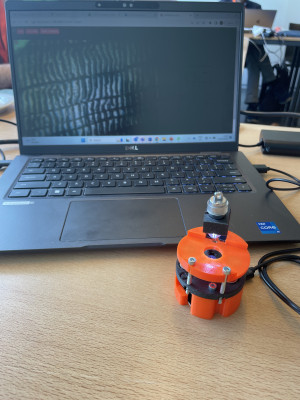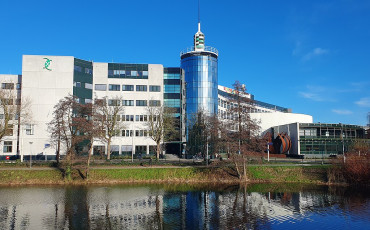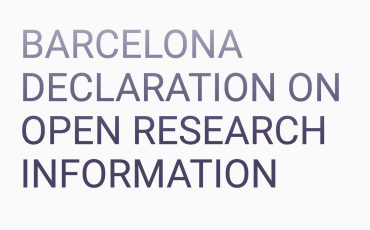This year we ventured to Rotterdam, to the Erasmus University. Several hundred open science advocates, from veterans to guppies, came to meet, share, inspire, care (this year’s motto). And it was not just a festival for the universities, but for all institutions where research is conducted.
Antonio Schettino opened the day and shared his favorite one-liner: keep it modular. He encouraged us all to take small steps, one at a time, to make sure the initiatives we’re undertaking are here to stay. A panel introduced their projects and shared their insights on open science:
-
Disciplines speak different languages which can make sharing difficult
-
Data needs to be made available but also safely; the need for traceability
-
The value of involving young contributors (in lab research)
-
The arts and humanities fields need more engagement
Rector Magnificus Annelien Bredenoord quipped that the festival shows how science and society are deeply interwoven. Through the diversity of workshops, we could clearly see the multitude of initiatives ongoing. Some of the sessions we attended:
Building open hardware
Did you know you can build your microscope where the design and specification are open? This allows anyone to view, modify, distribute, and even manufacture the hardware. See our work of art in the picture below!
FAIRifying open educational resources (OER)
There are a lot of resources, such as Ten simple rules for making training materials FAIR, OER commons, and more. Pedro Hernández Serrano (Coordinator of Data Stewardship Services at UM) put us to work in deliberating the struggles and testing the findability of learning materials. Open science and open education could do well in joining efforts. For example, we ought to reuse the FAIR principles for OERs so as not to reinvent the wheel.
Beyond access: making research discoverable, accessible, and inclusive for all
Primary school teacher Guido Lacet showed us the struggles of using scientific materials in his teaching. For example, by generating laymen’s summaries using an open large language model. To enable fact-checking of learning material, you don’t just need access but also science communication.
Open Science NL were given the floor to speak about the four programs. NWO has definitely found well-known and knowledgeable experts for the respective programs. The content of the programs was not discussed much yet but the open science community is eagerly awaiting what the regieorgaan sets out as the headlines on the basis of which projects that will further open science.
A few of the key questions the open science community still struggles with:
-
How do we ensure open science practices are used responsibly and not misused?
-
How do we engage the entire scientific community to see the value of open science?
-
What are ways to make knowledge accessible for everyone?
-
How do we reach beyond the open science community?
What were your thoughts?




2 Praat mee